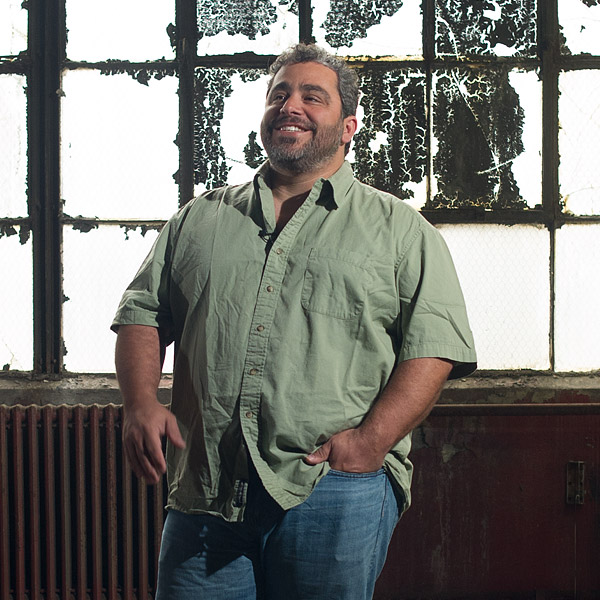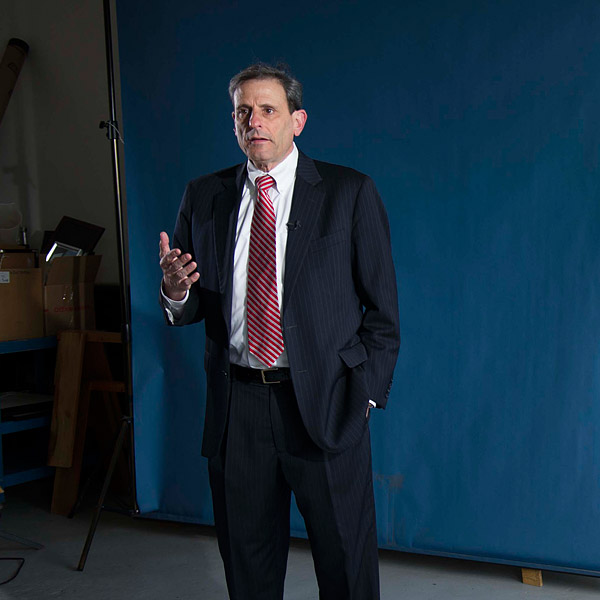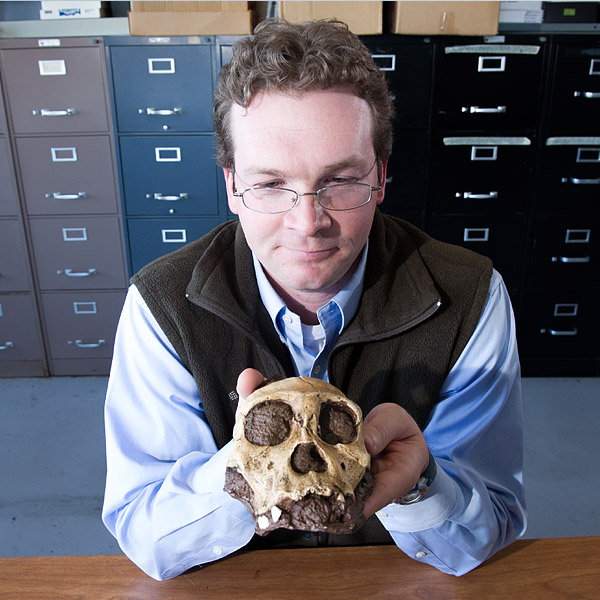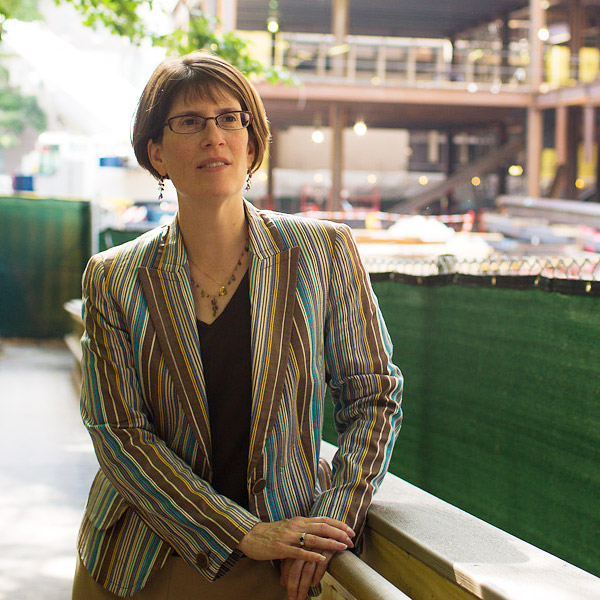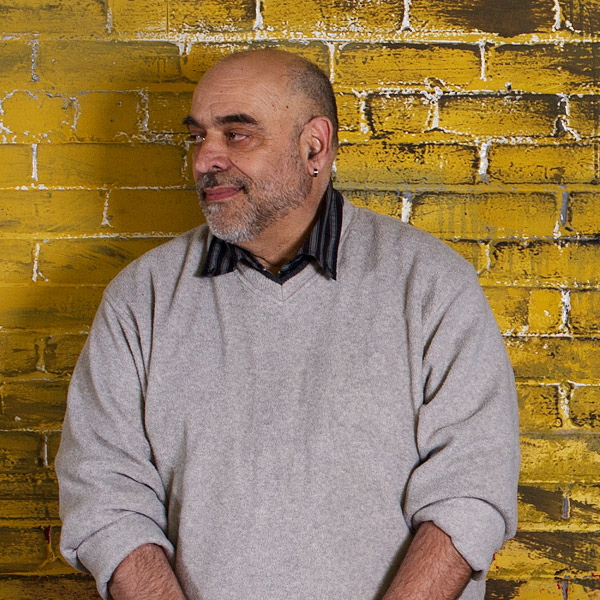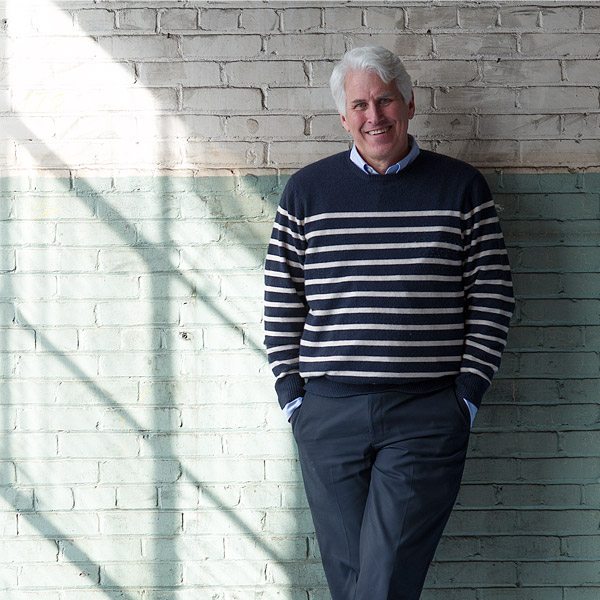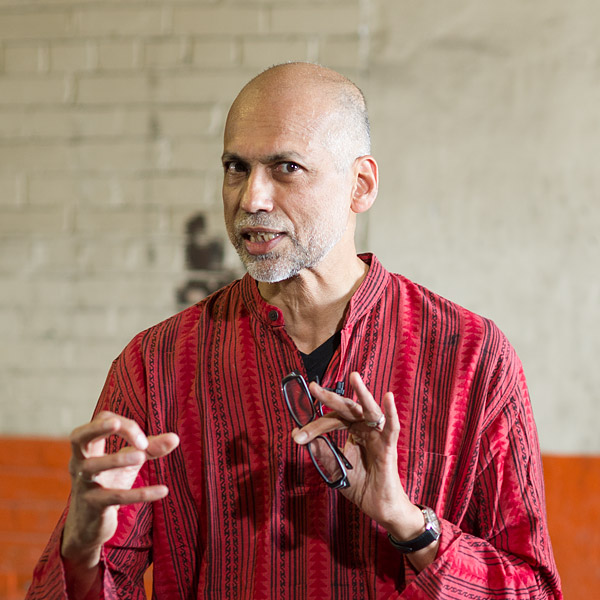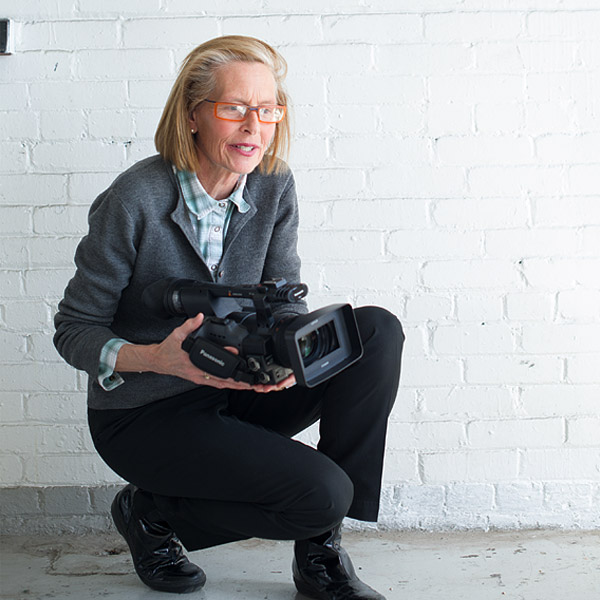Our Radical Year
President Robert A. Brown
Joining the AAU
What Price, Innovation?
Ruha Benjamin
Discovery Junkies
William Saturno
Dark End of the Spectrum
Helen Tager-Flusberg
Human Engineers
Dean Kenneth Lutchen
Unlocking Words
Abriella Stone
Cavewoman Walking
Jeremy DeSilva
The Politics of Listening
Ashish Premkumar
$1B Campaign
Stepping Up
Dean Maureen O’Rourke
Professor in the Coal Mine
Lucy Hutyra
Teaming up with edX
Clapping, Stomping, Twirling
Sajan Patel
Force Field
Sally Starr
The Computer Will See You Now
Dr. Brian Jack
Birth of an Artist
Jim Petosa
Elizabethan Time Machine
Diana Griffin
Joining the Patriot League
Healing Zambia
Donald Thea
Spring Break, Not
Jenne Bougouneau
Our Smartest Class
Creaky Nation
Julie Keysor
Melting Prison Bars
André de Quadros
Best of Both Worlds
Katie Matthews
Faculty Accolades
Film Frisson
Mary Jane Doherty
Financials
Saliva Solution
Eva Helmerhorst
Testing Fate
Catharine Wang
Our Radical Year
President Robert A. Brown
Joining the AAU
What Price, Innovation?
Ruha Benjamin
Discovery Junkies
William Saturno
Dark End of the Spectrum
Helen Tager-Flusberg
Human Engineers
Dean Kenneth Lutchen
Unlocking Words
Abriella Stone
Cavewoman Walking
Jeremy DeSilva
The Politics of Listening
Ashish Premkumar
$1B Campaign
Stepping Up
Dean Maureen O’Rourke
Professor in the Coal Mine
Lucy Hutyra
Teaming up with edX
Clapping, Stomping, Twirling
Sajan Patel
Force Field
Sally Starr
The Computer Will See You Now
Dr. Brian Jack
Birth of an Artist
Jim Petosa
Elizabethan Time Machine
Diana Griffin
Joining the Patriot League
Healing Zambia
Donald Thea
Spring Break, Not
Jenne Bougouneau
Our Smartest Class
Creaky Nation
Julie Keysor
Melting Prison Bars
André de Quadros
Best of Both Worlds
Katie Matthews
Faculty Accolades
Film Frisson
Mary Jane Doherty
Financials
Saliva Solution
Eva Helmerhorst
Testing Fate
Catharine Wang
What Price, Innovation?
Sociologist Ruha Benjamin and the hidden cost of biotech.
close video
Biotechnology is morphing so fast, cures for once seemingly intractable conditions such as deafness or blindness may be just around the corner. Great news, right? Not so fast, says Ruha Benjamin.
“The deaf community is saying, you’re creating these therapies on the assumption that we don’t want to be deaf,” says the assistant professor of sociology and African American studies. “For some people, it’s a form of high-tech eugenics, that we’re trying to get rid of them, that we don’t appreciate their vibrant community, that we’ve ignored their contributions to society.”
“Where I would put my energy and effort is in a long-term rethinking of how we make everyday people a part of science.”
This is just one of the thorny issues Benjamin explores in her 2013 book, People’s Science: Bodies and Rights on the Stem Cell Frontier (Stanford University Press). The project grew out of Benjamin’s observations as the sole social scientist invited by the California Institute for Regenerative Medicine to study the ethical, legal, and social implications of the 2004 California Stem Cell Research and Cures Act, which asserts a state’s constitutional right to carry out stem cell research.
“Technology is not an insulated realm,” she says. “There are all kinds of social and political ideas that go into the production of any new therapy or biotechnology. My position is not to stop innovating, but to try and build in public discussion and debate that’s broader than the media and the pundits and right-left politics.”

